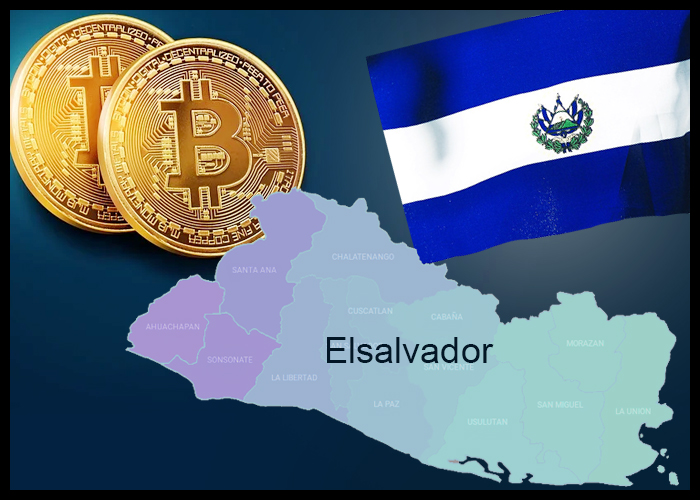Business
El Salvador Becomes First Country To Approve Bitcoin As Legal Tender

El Salvador becomes first country to approve Bitcoin as legal tender.
El Salvador has approved a proposal from President Nayib Bukele for a law to classify Bitcoin as legal tender, making the Central American nation the first in the world to do so.
A majority of lawmakers voted in favour of the initiative late on Tuesday, 8 June, to create a law that will formally embrace the cryptocurrency, despite concern about the potential effect on El Salvador’s programme with the International Monetary Fund.
“The #BitcoinLaw has just been approved by a qualified majority” in the legislative assembly, President Nayib Bukele tweeted after the vote in the assembly.
According to Aljazeera, Bukele has touted the use of Bitcoin for its potential to help Salvadorans living abroad send remittances back home while saying the US dollar will also continue as legal tender.
“It will bring financial inclusion, investment, tourism, innovation, and economic development for our country,” Bukele said in a tweet shortly before the vote.
He added that the use of Bitcoin, whose use will be optional, would not bring risks to users. Its use as legal tender will go into law in 90 days.
“The government will guarantee the convertibility to the exact value in dollars at the moment of each transaction,” Bukele said.
El Salvador’s economy relies heavily on money sent back from citizens working abroad.
World Bank data showed remittances to the country made up nearly $6bn, about a fifth of GDP, in 2019, one of the highest ratios in the world.
Experts have said the move to Bitcoin could complicate talks with the IMF, where El Salvador is seeking a more than $1bn programme.
The cryptocurrency market grew to more than $2.5 trillion in mid-May last year, according to the CoinMarketCap page, driven by interest from increasingly serious investors from Wall Street to Silicon Valley.
But the volatile currency currently priced at $36,127 and its murky legal status has raised questions about whether it could ever replace fiat currency in day-to-day transactions.





















